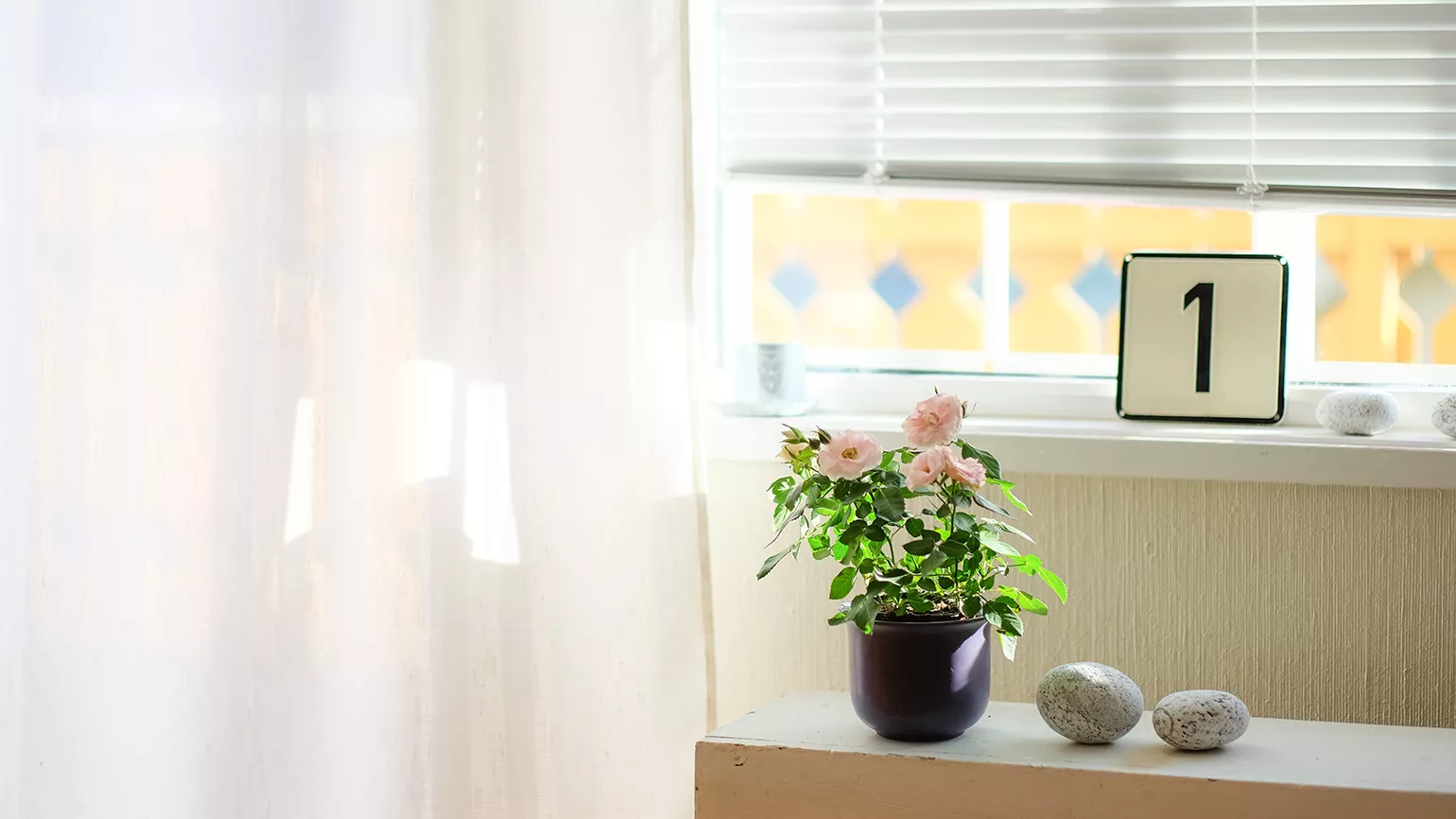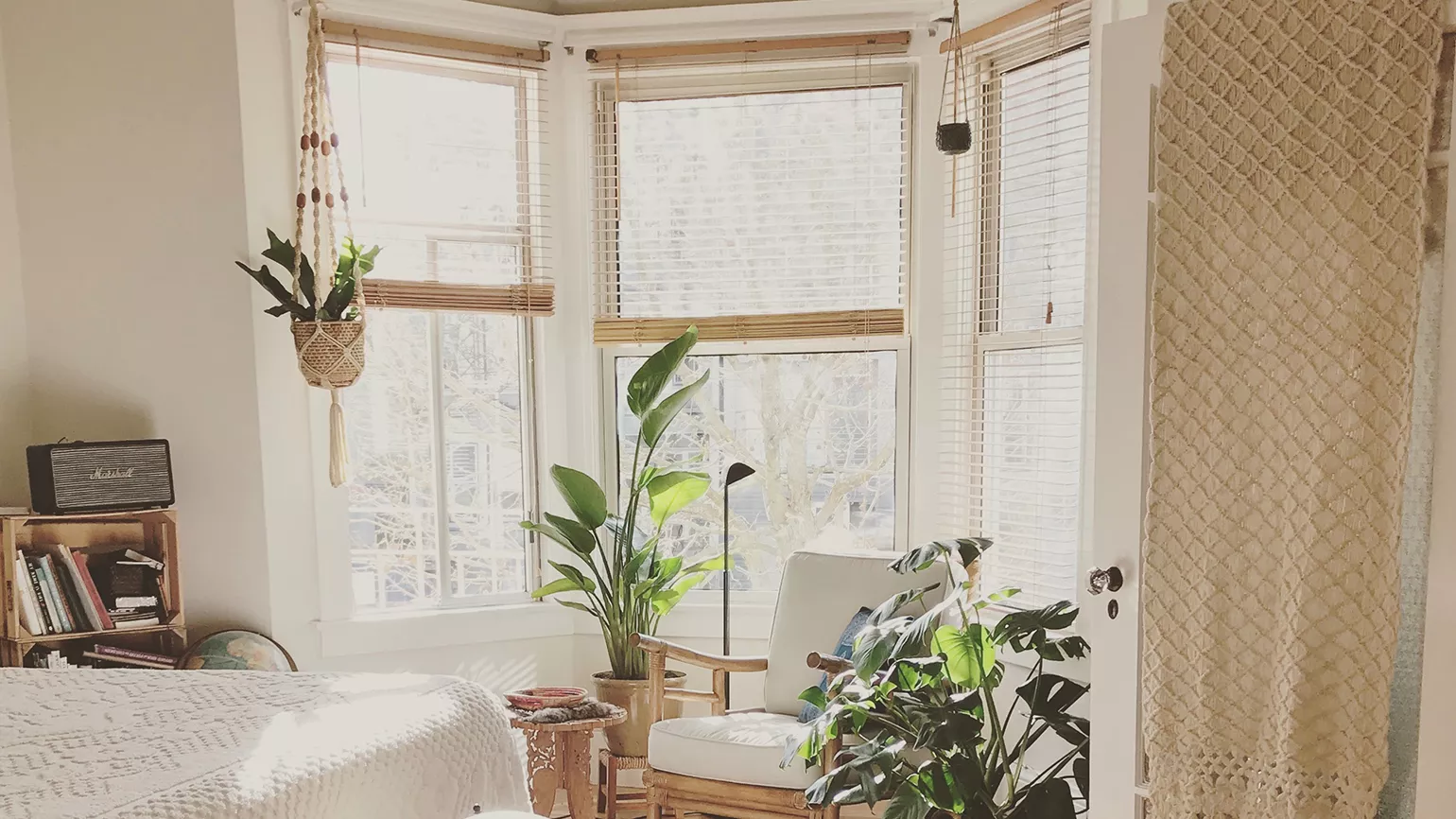5 Tips on how to save Energy in Winter
Tip 1: Energy-efficient heating
Those who want the comfort of warm feet when brushing their teeth in the morning and evening often leave the heating running throughout the day. To prevent this from turning into a costly affair, it makes sense to use programmable thermostatic valves. These allow you to easily set your heating’s operating times to suit your needs, thereby saving you money and, if you have a thermostatic valve with night setback, reducing your CO2 by 455 kg per year.
Bonus tip
Lowering your room temperature by just 1 barely noticeable degree also saves you up to 275 kg of CO2 per year if you have a gas heating system.

Tip 2: Ventilate correctly in winter
It might seem like a bit of an ‘ice bucket challenge’ but just tilting your windows open isn’t enough; you need to throw them wide open and give the space a blast of fresh air.
Not only will this properly change the air, you will also save up to half a tonne of CO2 each year in a single family house.
Ideally, you should close all your heating’s thermostatic valves during the 3 to 4 daily ventilation periods, so that your heating isn’t on during this time. In the coldest months, you should ideally ventilate your rooms for 5 minutes each time.

Tip 3: Don’t waste any heat
Insulation is half the battle – when it comes to heating at least. If you insulate draughty windows, not only will you save energy and therefore money in the long term, you will also reduce your ecological footprint.
In a single family house (110 m2) with gas heating, you could save over 900 kWh a year for example – this corresponds to around 230 kg of CO2.
You can also keep heat in during the night with shutters, curtains and roller blinds, as long as you keep these closed. This will prevent unnecessary heating costs and also save 50 kg of CO2 per year.

Tip 4: Save hot water
Heating costs include both the actual heating and also hot water heating. On average, around 14 percent of the total energy consumption is used for heating water. If you use a low-flow shower head, for example, which uses just 6 litres per minute instead of 14 litres, you can save around 37,800 litres of hot water per year in an average 3-person household and 2,550 kWh for heating this water.
To save additional heating costs and water, you should take a more ecological shower (approx. 70 litres) instead of a bath (approx. 120 litres). If you use soap, there’s no need to wash your hands in warm water, as even with cold water this removes almost all germs when cleaning your hands thoroughly.

Tip 5: Bleed your radiators
To ensure your heating system works effectively, particularly in winter, you should make sure that you bleed or have someone bleed your radiators regularly. If your radiator is making a gurgling noise or isn’t getting up to temperature despite the thermostat being set to maximum, then it’s time to release the air trapped inside. Every bubble of air wastes energy unnecessarily.
Note
You’ll need a ‘bleed key’ to do this, which you can get at a DIY store or from your caretaker.
